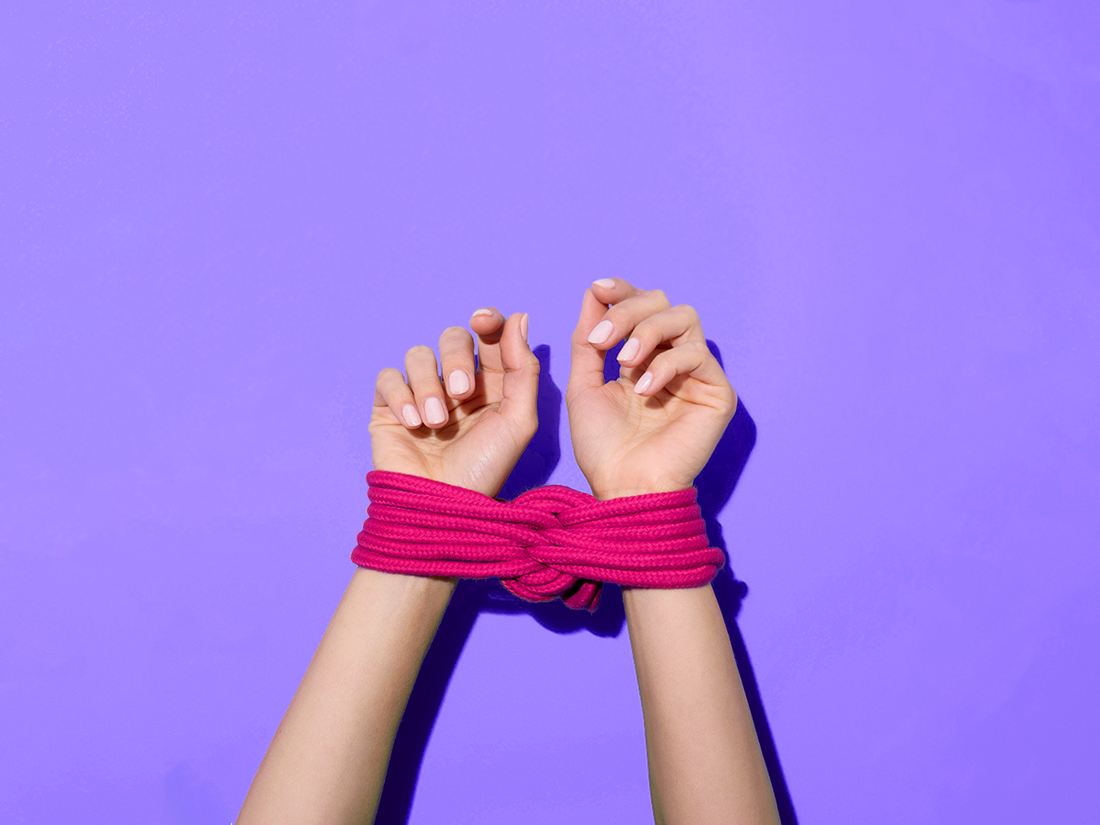
What's The Best Rope For Bondage?
So, you’ve decided it’s time to try some bondage!
You’ve read all the guides to bondage for beginners, and you’re ready to get tied up in the world of bondage.
Now the only thing you need is some rope.
But what is the best rope for bondage?
Let’s find out.
What Rope To Use For Bondage - The Loveangels Guide
The question of “best rope to use for bondage” can be quickly and easily answered like this:
It depends.
But that gives us nothing to work with.
So let’s answer the question in more detail, starting with some specific factors.
Price
There’s no denying that price is a significant factor when choosing a bondage rope.
Some people recommend not buying bondage rope from adult stores, but if you can find a store that offers bondage rope at a great price (hint hint), you should definitely make the purchase.
Thickness
The thinner your rope is, the more pressure you concentrate on one spot.
That means that, if you’re not careful, you can cause circulation issues, discomfort, bruising, scarring, and even nerve damage.
That’s why it’s best to go with a thicker rope.
Material
Cotton
The most common type of bondage rope is cotton.
It’s reasonably light, and has decent tooth (which is the term you use for friction - what holds your knots together).
And, because of the tooth, it’s ideal for shibari and other styles of rope play that rely on friction over knots.
It’s good for beginners - as long as they’re careful.
But otherwise, cotton is great for just about anything other than suspension.
Polyester
Polyester is different to other materials in that it’s a synthetic material.
It’s very smooth, and has almost no tooth, meaning that it’s very slick, and doesn’t have a lot of friction.
This material is usually a hollow braid, which means it’s made of polyester braided around a core of some kind.
It’s a very lightweight rope, and doesn’t create bulky knots.
But keep it away from open flames, as the material can melt and become brittle.
It’s suitable for bedroom bondage, but shouldn’t be used in other cases, as it’s not the strongest rope, and it can hurt if you’re not careful.
Nylon
Nylon rope isn’t usually sold as bondage rope, but is used by some people as the way the rope is braided gives it a different kind of rope mark than braids do.
It’s normally available at hardware stores, and comes with a breaking strain and rating, which makes it great for use if you’re planning on any suspension bondage.
It’s slightly more expensive than other types of bondage rope, but the fact that you know exactly what it’s capable of makes it worth the cost to some bondage experts.
Hemp
Hemp is a natural fibre rope, and is most commonly used for shibari.
It’s normally a lot more costly than synthetic ropes, but it’s got excellent tooth, and is generally strong.
It’s important to note that hemp ropes tend to differ from supplier to supplier, so make sure you do your research before buying anything.
Tossa Jute
Jute rope is another rope that’s very popular in the shibari community.
It’s quite pricey, and comes in a variety of lays (which refers to how tightly it’s twisted together).
The tighter the lay, the longer it takes to loosen.
It usually needs extra conditioning or break-in time before it’s usable in bondage scenarios, but it’s one of the most durable ropes out there.
Conclusion - What Is The Best Rope For Bondage?
As we said in the beginning, it depends.
But, if you’re new to the world of bondage, we recommend cotton or hemp, since they’re the lowest maintenance, most durable, and have good tooth, which makes tying knots for beginners easy.
However, you should try out as many materials as you can to see what works for you.
Whatever you use to get tied up in the world of bondage - remember that consent is sexiest of all!


